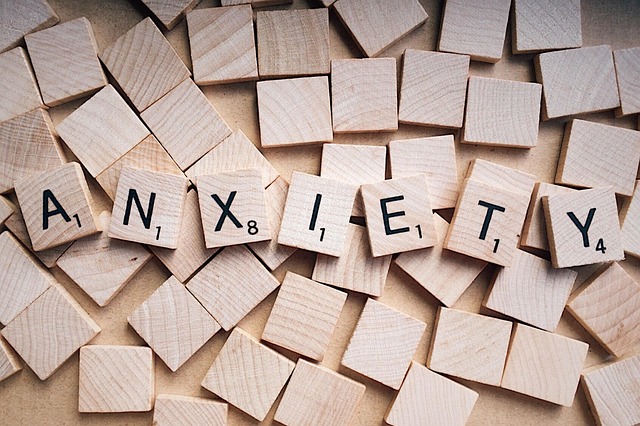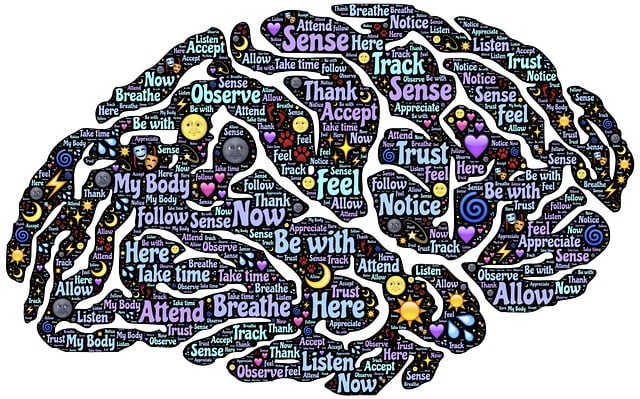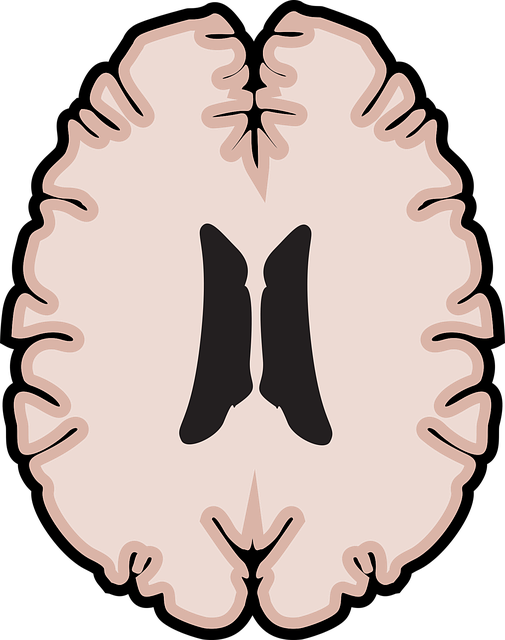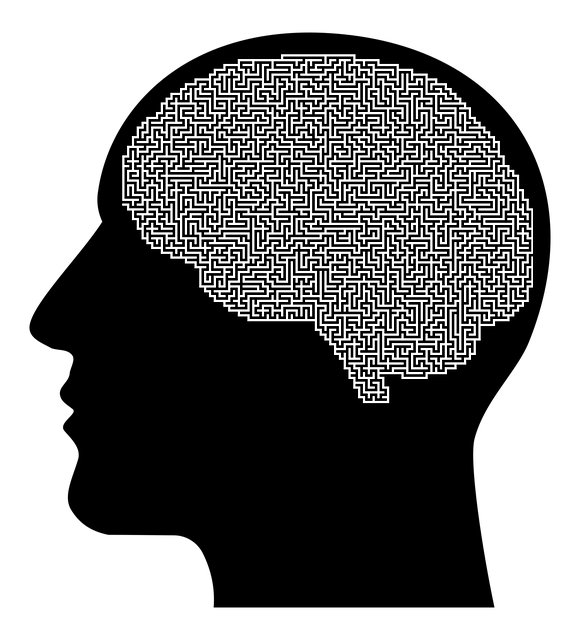Greenwood Village Bipolar Disorder Therapy employs a multi-faceted approach to address bipolar disorder, including public awareness campaigns, comprehensive mental health education, and evidence-based practices. Their program leverages strategic planning, diverse teaching methods like Compassion Cultivation Practices, and interactive learning to empower individuals with knowledge and skills to manage their condition effectively. By prioritizing data-driven outcomes and continuous improvement, they foster a supportive environment that enhances mental well-being and reduces stigma around bipolar disorder.
In today’s digital era, addressing mental health is more critical than ever. This article explores the design of an educational program focused on bipolar disorder, offering a comprehensive guide for mental health professionals and advocates. We delve into understanding bipolar disorder, structuring an effective curriculum, implementing successful education strategies, and measuring growth. By leveraging best practices and expert insights, this program aims to empower individuals with knowledge about bipolar disorder, fostering improved mental well-being in Greenwood Village and beyond.
- Understanding Mental Health: Unveiling Bipolar Disorder
- Program Structure and Curriculum Design
- Implementation Strategies for Effective Education
- Measuring Success and Promoting Continuous Growth
Understanding Mental Health: Unveiling Bipolar Disorder

Understanding Mental Health involves demystifying conditions like Bipolar Disorder, a mental health challenge characterized by extreme mood swings ranging from manic highs to depressive lows. In Greenwood Village, Bipolar Disorder Therapy plays a pivotal role in managing this condition. Educating the public about Bipolar Disorder is crucial through effective Public Awareness Campaigns Development and Communication Strategies. These initiatives ensure that individuals recognize the symptoms, fostering an environment where those affected feel understood and supported.
By integrating knowledge about Bipolar Disorder into mental health education programs, we empower individuals to cultivate Self-Care Practices tailored to their unique needs. This proactive approach promotes early intervention and better outcomes for those navigating the complexities of bipolar disorder, ultimately enhancing their quality of life in Greenwood Village and beyond.
Program Structure and Curriculum Design

An effective mental health education program should be meticulously structured to cater to diverse learning needs. The curriculum design plays a pivotal role in achieving this, ensuring comprehensive coverage of relevant topics. A well-rounded approach can include modules on understanding common mental health issues, such as bipolar disorder, with specific focus groups tailored for those seeking Greenwood Village bipolar disorder therapy. This holistic education enables participants to recognize symptoms and promote early intervention.
Furthermore, incorporating elements like Trauma Support Services, Mental Health Policy Analysis and Advocacy, and Communication Strategies enriches the program. These components empower individuals to navigate mental health conversations effectively, advocate for policies that support better care, and foster empathy within communities. A thoughtfully structured curriculum facilitates personal growth, enhances coping mechanisms, and encourages open dialogue around sensitive topics, ultimately contributing to improved overall mental well-being.
Implementation Strategies for Effective Education

Implementing a comprehensive mental health education program requires strategic planning and diverse teaching methods to ensure maximum impact. One key strategy is integrating Compassion Cultivation Practices, which foster empathy and understanding among participants. These practices have been shown to be particularly effective in managing conditions like bipolar disorder, as they help individuals navigate the emotional challenges with increased resilience. For instance, Greenwood Village Bipolar Disorder Therapy centers often incorporate mindfulness exercises and peer support groups into their treatment plans, enabling patients to develop coping mechanisms and build a sense of community.
Additionally, mental health professionals should focus on delivering content through interactive sessions, case studies, and role-playing scenarios to engage learners actively. This hands-on approach allows for better retention of information and encourages the development of Empathy Building Strategies, which are crucial in de-stigmatizing mental health issues and promoting early intervention. A well-designed program should also include regular Risk Assessment updates to keep up with evolving research and best practices, ensuring that students are equipped with the latest tools for recognizing and managing mental health crises effectively.
Measuring Success and Promoting Continuous Growth

Measuring success is a vital aspect of any mental health education program. At Greenwood Village Bipolar Disorder Therapy, we employ a multi-faceted approach to evaluate the effectiveness of our initiatives. This involves setting clear learning objectives and outcomes, using pre-post assessments to track progress, and gathering feedback from participants through surveys and focus groups. By quantifying improvements in knowledge, attitudes, and skills related to mental wellness, we can identify what’s working well and where adjustments are needed.
Promoting continuous growth requires a commitment to ongoing refinement. Drawing on insights gained from measuring success, our program facilitates ongoing learning opportunities for both facilitators and participants. This includes incorporating new research findings, adapting teaching methods based on feedback, and encouraging the development of self-care routines for better mental health. Through these efforts, we foster an environment that cultivates compassion and empowers individuals to thrive in their mental wellness journey.
Greenwood Village Bipolar Disorder Therapy highlights the importance of comprehensive mental health education programs in fostering better understanding and management of bipolar disorder. By structuring curricula around clear learning objectives, implementing evidence-based teaching strategies, and utilizing measurable outcomes, communities can empower individuals to navigate their mental health journeys effectively. Continuous improvement through feedback and adaptation ensures that these programs remain relevant and impactful, ultimately enhancing the well-being of those affected by bipolar disorder in Greenwood Village and beyond.













